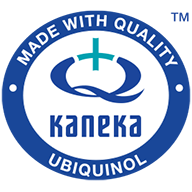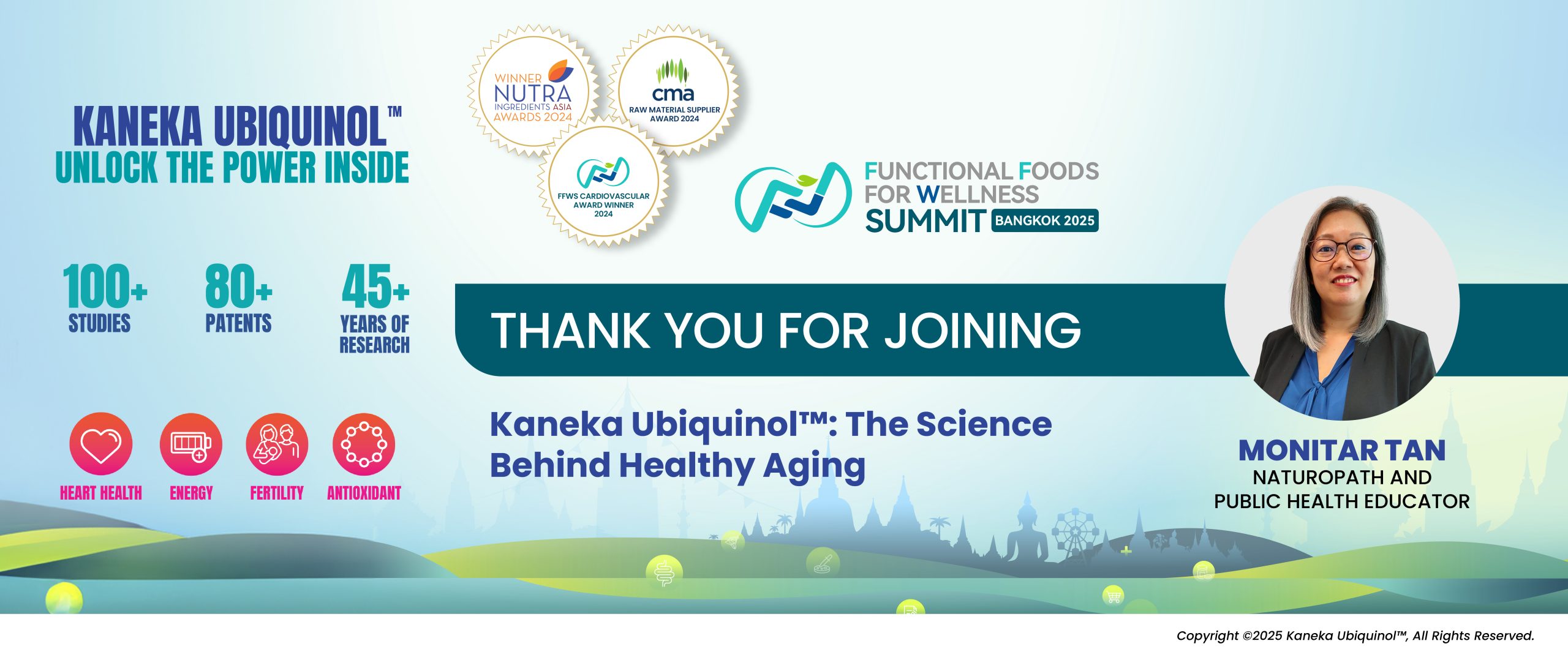
ATP and Fertility: Facts You Should Know
Apr 2021Recent Article
What is ATP?
ATP, also known as Adenosine Triphosphate, is the energy-carrying molecule found in the cells of all living things[1]. ATP captures chemical energy obtained from the breakdown of food molecules and releases it to fuel other cellular processes1.
When energy is needed by the cell, it is converted from storage molecules into ATP1. ATP then serves as a shuttle, delivering energy to places within the cell where energy-consuming activities are taking place1.
Why is ATP important for fertility?
ATP is important for fertility, as ATP supports sperm and egg cells with the energy they need to function[2]. ATP plays an essential role in supporting healthy sperm motility, the speed at which sperm moves. Sperm motility is an important part of healthy male fertility[3].
How does Ubiquinol Support ATP?
Ubiquinol, the active form of CoQ10, is a fat-soluble antioxidant found naturally in the body that supports cardiovascular health, cellular energy production and healthy sperm motility (the way the sperm moves) and morphology (the structure of the sperm)[4].
Ubiquinol, as the active form of CoQ10, plays an important role in supporting the synthesis of ATP in the mitochondria of the cell1. Ubiquinol helps convert energy from the storage cells into ATP which the body can use1.
What other ways does Ubiquinol support healthy Fertility?
Ubiquinol may also support healthy fertility by relieving the effects of free radical damage[5]. Free radicals can build up in the body and cause oxidative stress[6]. Long-term oxidative stress may have a negative impact on fertility6.Ubiquinol, as a fat-soluble antioxidant, may stabilise free radicals and may help reduce long-term oxidative stress5.
However, after age 30 the body’s natural levels of Ubiquinol begin to gradually decline as part of the natural aging process[7]. Ubiquinol is found naturally in foods, such as steak, peanuts, sardines, spinach, avocado, chicken and olive oil[8]. However, trying to replenish the body’s natural levels of Ubiquinol through food alone could lead to consuming excessive amounts of these foods. For example to reach 100mg of Ubiquinol from food sources alone you would need to eat per day 10kg of broccoli, 20 steaks, 1.5kg of peanuts, 120 cans of sardines, 50 cups of spinach, 60 avocados, 100 table spoons of canola oil, 34 chicken breasts or 133 table spoons of olive oil.
If you wish to replenish your body’s natural levels of Ubiquinol, you may wish to consult your healthcare practitioner about supplementing with Ubiquinol.
Before taking a ubiquinol supplement seek medical advice from a doctor or consult your healthcare practitioner to find out whether a supplement is right for you. Always read the label.
[1] Mendelsohn, B. A., Bennett, N. K., Darch, M. A., Yu, K., Nguyen, M. K., Pucciarelli, D., … & Nakamura, K. (2018). A high-throughput screen of real-time ATP levels in individual cells reveals mechanisms of energy failure. PLoS biology, 16(8), e2004624. < https://journals.plos.org/plosbiology/article?id=10.1371/journal.pbio.2004624 >
[2] Yu, J., Chen, B., Zheng, B., Qiao, C., Chen, X., Yan, Y., Luan, X., Xie, B., Liu, J., Shen, C. and He, Z., 2019. ATP synthase is required for male fertility and germ cell maturation in Drosophila testes. Molecular medicine reports, 19(3), pp.1561-1570. < https://www.spandidos-publications.com/mmr/19/3/1561>
[3] Hauser, R., Yogev, L., Botchan, A., Lessing, J. B., Paz, G., & Yavetz, H. (2001). Intrauterine insemination in male factor subfertility: significance of sperm motility and morphology assessed by strict criteria. Andrologia, 33(1), 13-17. < https://onlinelibrary.wiley.com/doi/full/10.1046/j.1439-0272.2001.00404.x >
[4] Saini, R. (2011). Coenzyme Q10: The essential nutrient. J Pharm Bioallied Sci, 3(3), 466-467. < http://www.peirsoncenter.com/uploads/6/0/5/5/6055321/coenzyme_q10__the_essential_nutrient.pdf >
[5] Barcelos, I., & Haas, R. (2019). CoQ10 and Aging. Biology, 8(2), 28. doi: 10.3390/biology8020028. https://www.mdpi.com/2079-7737/8/2/28
[6] Pizzino, G., Irrera, N., Cucinotta, M., Pallio, G., Mannino, F., & Arcoraci, V. et al. (2017). Oxidative Stress: Harms and Benefits for Human Health. Oxidative Medicine And Cellular Longevity, 2017, 1-13. doi: 10.1155/2017/8416763.
[7] Linnane, A. W., Zhang, C., Yarovaya, N., Kopsidas, G., Kovalenko, S., Papakostopoulos, P., … & Richardson, M. (2002). Human aging and global function of coenzyme Q10. Annals of the New York Academy of Sciences, 959(1), 396-411. < https://nyaspubs.onlinelibrary.wiley.com/doi/full/10.1111/j.1749-6632.2002.tb02110.x >
[8] Kubo, H., Fujii, K., Kawabe, T., Matsumoto, S., Kishida, H. and Hosoe, K., 2008. Food content of ubiquinol-10 and ubiquinone-10 in the Japanese diet. Journal of Food Composition and Analysis, 21(3), pp.199-210.
You can share this by:
Keep up-to-date with Ubiquinol News
Ubiquinol Headlines
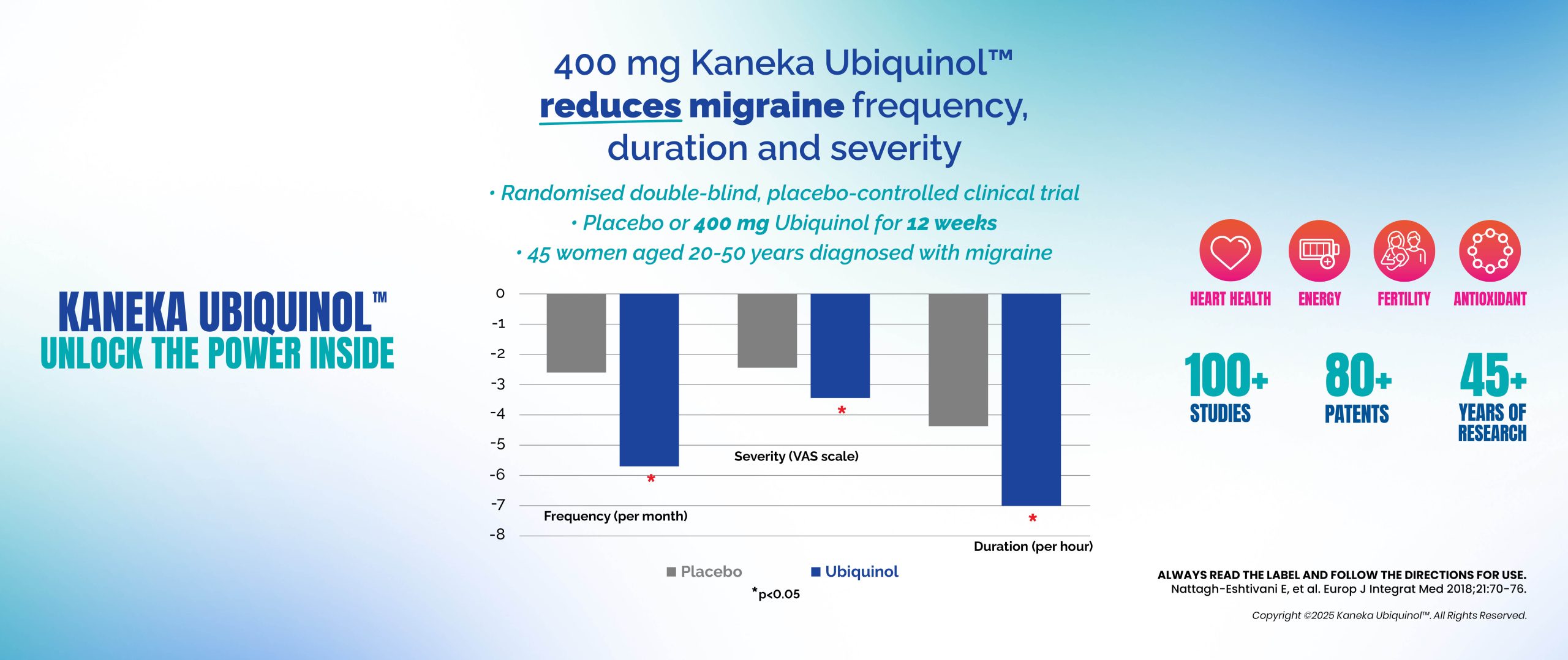
Ubiquinol: Supporting Migraine Relief Through Cellular Energy
Jan 2025Category: Antioxidants, complementary medicine, Energy, Fatigue, Health, Health Industry, healthy ageing, Kaneka, Mitochondrial health, Nutrition, Stress, Ubiquinol, Vitamins, wellnessRead More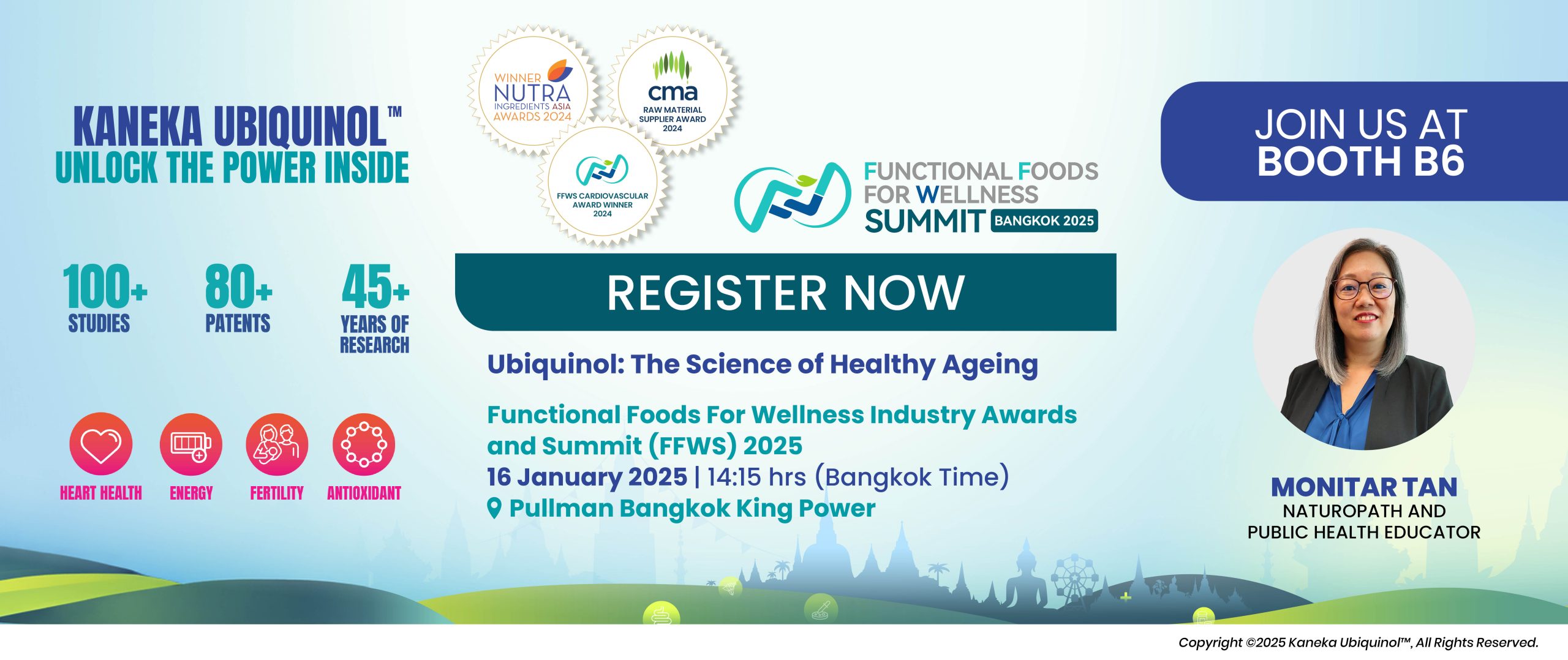
Kaneka Ubiquinol™ at Functional Foods for Wellness Industry Awards and Summit, #FFWS2025
Jan 2025Category: Ageing, Antioxidants, Awards, cardiovascular health, Conference, Conferences, Energy, Fatigue, FFWS2025, Health, Health Industry, healthy ageing, Kaneka, Menopause, Mitochondrial health, Nutrition, Ubiquinol, VitaminsRead More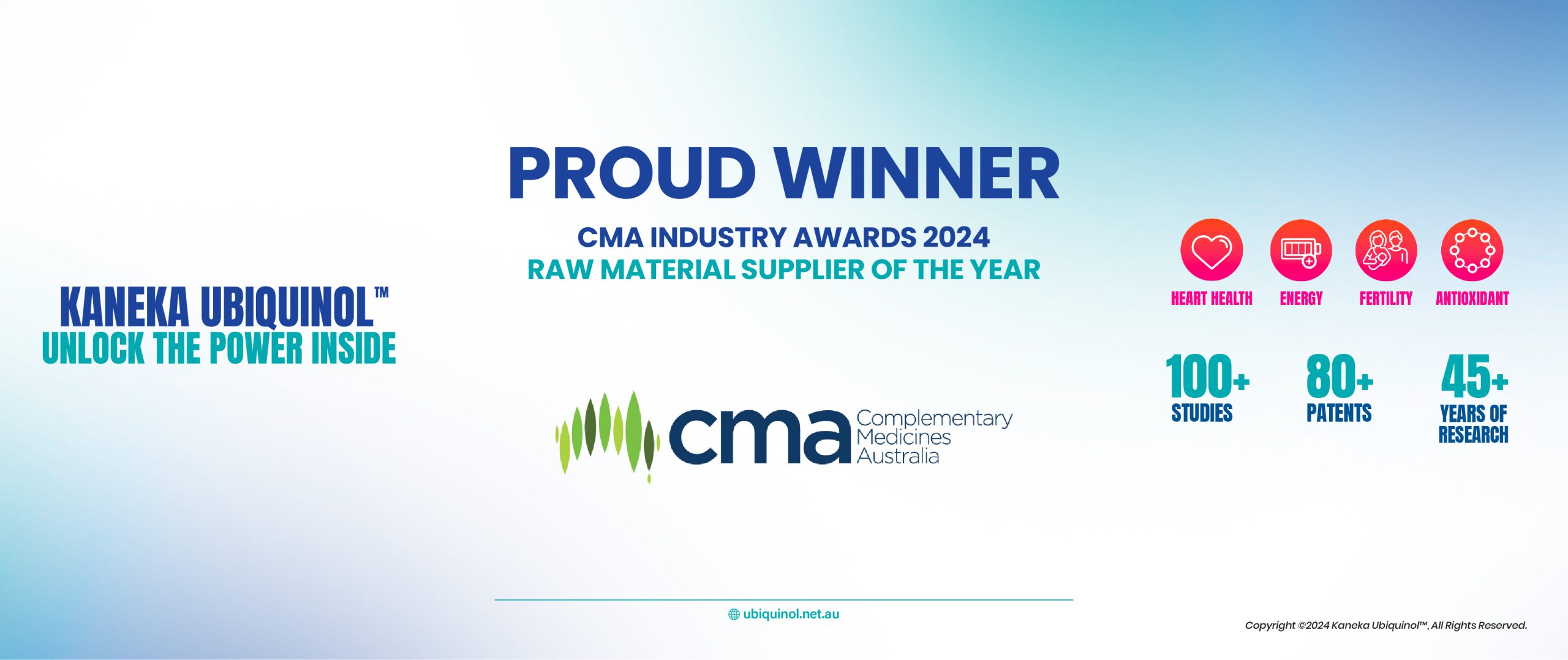
Kaneka Ubiquinol Wins Prestigious Complementary Medicines Raw Material Supplier of the Year Award 2024
Dec 2024Category: Ageing, Awards, cardiovascular health, complementary medicine, Conference, Conferences, Endurance, Energy, Fatigue, Fertility, Fitness, Health, Health Industry, healthy ageing, Heart, Immunity, In The News, Kaneka, Lungs, Memory, Mitochondrial health, Nutrition, Online, Stress, Ubiquinol, Vitamins, wellnessRead More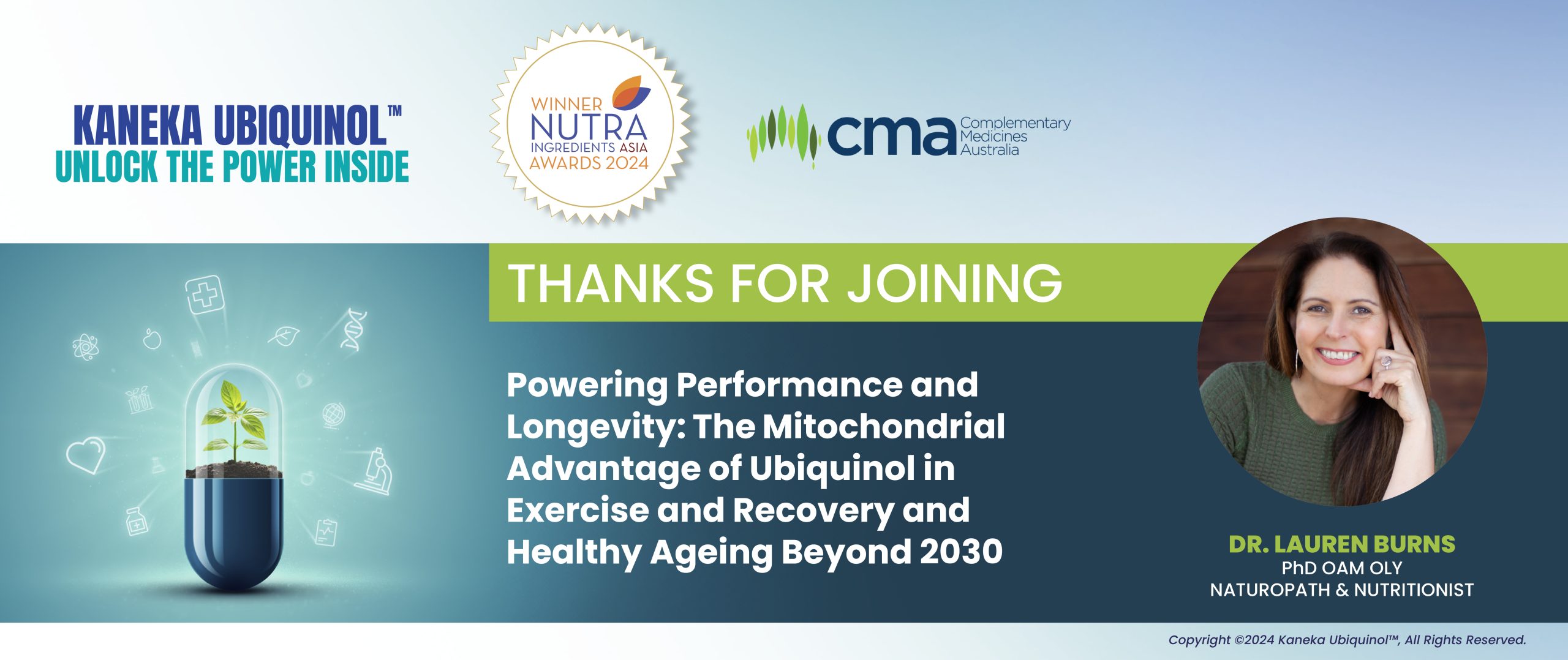
“Powering Performance and Longevity: Kaneka Ubiquinol™ at the CMA Annual Conference 2024”
Nov 2024Category: Ageing, Antioxidants, Awards, cardiovascular health, chronic fatigue syndrome, complementary medicine, Conference, Conferences, Endurance, Energy, Fatigue, Fertility, Fitness, Health, Health Industry, healthy ageing, Heart, In The News, Kaneka, Mitochondrial health, Online, Ubiquinol, VitaminsRead More
Natural Health Product Innovation Expo 2024
Nov 2024Category: Ageing, Antioxidants, cardiovascular health, Cholesterol, chronic fatigue syndrome, Conference, Conferences, Endurance, Energy, Fatigue, Fertility, Fitness, Health, Health Industry, healthy ageing, Heart, Kaneka, Menopause, Mitochondrial health, NHNZ, Nutrition, Stress, Ubiquinol, Vitamins, wellnessRead More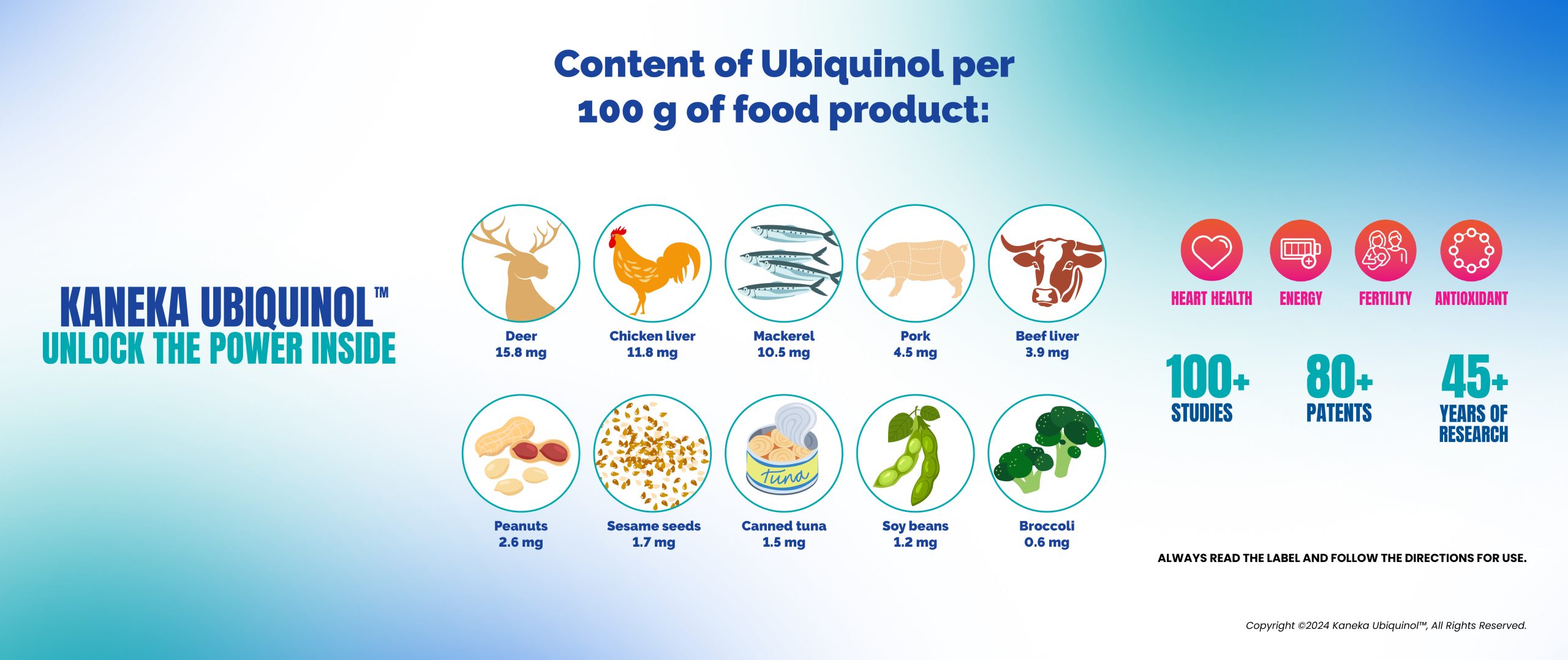
Ubiquinol: The Overlooked Nutrient for Vegans and Vegetarians
Oct 2024Category: Ageing, Antioxidants, Cholesterol, complementary medicine, Endurance, Energy, Fatigue, Fitness, Health, Health Industry, healthy ageing, Heart, Mitochondrial health, Nutrition, Stress, Ubiquinol, vitafoods, Vitamins, wellnessRead More
Investigating the Application of Ubiquinol in Mitochondrial Function
Oct 2024Category: Ageing, Antioxidants, cardiovascular health, Cholesterol, chronic fatigue syndrome, Endurance, Energy, Fatigue, Fertility, Fitness, Flu, Health, Health Industry, healthy ageing, Heart, Immunity, In The News, Kaneka, long covid, Lungs, Memory, Menopause, Mitochondrial health, myalgic encephalomyelitis, Nutrition, post pandemic, Stress, Ubiquinol, Vitamins, wellnessRead More
